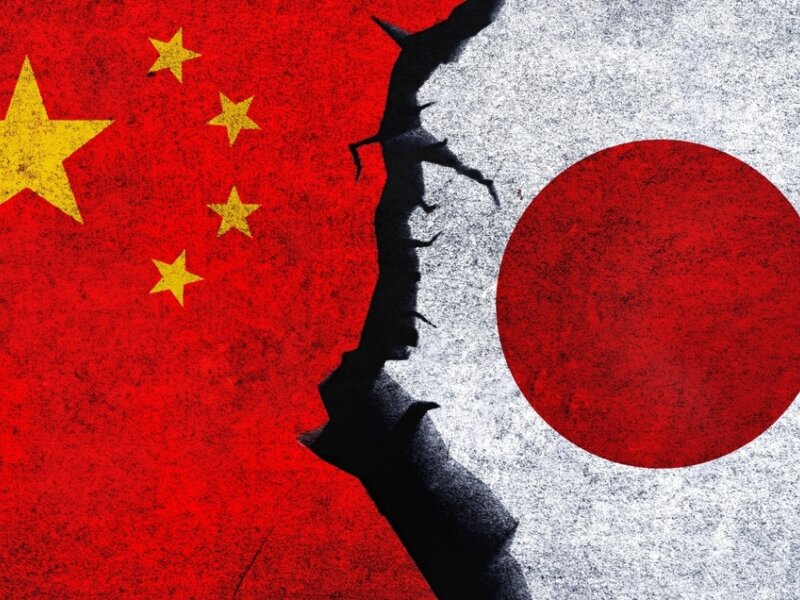Quo vadis, ASEAN?
During the ASEAN meetings in Indonesia numerous regional issues were discussed, but the main focus was on the absence of Joe Biden and Xi Jinping.

From September 5 to 7 was held in Jakarta, Indonesia, the 43rd leaders’ summit of the Association of Southeast Asian Nations (ASEAN), an international body with a multilateral nature comprising ten Southeast Asian countries - Brunei, Cambodia, the Philippines, Indonesia, Laos, Malaysia, Myanmar, Singapore, Thailand and Vietnam, and with observer status Papua New Guinea and Timor-Leste -, to which the free trade zone of the same name is linked.
In addition to the numerous bilateral meetings held on the sidelines of the heads of state and government meeting, the 18th East Asian Summit (EAS) also took place - an annual forum that brings together not only ASEAN members but also Australia, China, South Korea, Japan, India, New Zealand, Russia and the United States -, with the president of Bangladesh and the prime minister of the Cook Islands serving as chairs of the Indian Ocean Rim Association and the Pacific Islands Forum, respectively.
Several topics were discussed during the meetings. First, the commitment to promote the region’s increasing centrality as an epicenter of economic and social growth was reaffirmed; then the issues that most affect the region, both politically and environmentally, were addressed: from climate change to rising international tensions, from food security to poverty eradication, from health security to digital transformation.
A considerable amount of time was dedicated to pending issues that undermine the area’s stability. Specifically, summit participants expressed concerns about North Korea’s hostile stance, the tension and militarization process in the South China Sea and the ongoing political crisis in Myanmar. Issues that raise major doubts about the very nature and internal cohesion of ASEAN.
In particular, when focusing on the last two points, the main critical issues emerge. To China’s redefinition of the South China Sea’s areas of competence, whereby much of it would be under Beijing’s direct control, some members - particularly vulnerable to the investments brought forward by the Celestial Empire under the Belt and Road Initiative - responded timidly, producing an impasse within the Association. The same impasse arose during the debate on the crisis in Myanmar: while the need to implement the five-point consensus was reaffirmed, divergences remain between the more intransigent countries - such as Indonesia and Malaysia - and those advocating the non-interference line - such as Thailand and Cambodia -, which is more in line with Beijing’s interests as it continues to maintain relations with the ruling military junta.
Furthermore, by swinging between China and the United States, respectively the main economic and security partners in the region, ASEAN countries risk being stuck in a stalemate that could undermine future developments. As accurately reported by Alexandra Sharp in Foreign Policy’s World Brief ‘ASEAN Fights for Relevance,’ the absence of Joe Biden and Xi Jinping at the forum drew far more attention than the issues immediately related to South-East Asia region. The very participation in their place of the “second-in-commanders”, Vice President Kamala Harris and Prime Minister Li Qiang, casts a shadow on ASEAN’s strategic relevance as a political entity promoting genuine regional interests.
On the other hand, President Xi also defected from the G20 summit in New Delhi on September 9-10. The EAS and the summit that brings together the world’s twenty most powerful economies are two platforms created primarily to emphasize the multilateral (and multipolar) nature of contemporary international relations, so as to involve more and different actors than, for example, the Western-driven G7. China in such formats should, therefore, play a leading role, as it did in the BRICS summit in South Africa or the Shanghai Cooperation Organization (SCO) summit, which was organized by India but held online. In both occasions, Xi Jinping led the Chinese delegation. So why not attend the G20 and ASEAN meetings? Without making wild predictions, two new multilateral events are looming from which to draw some answers: the United Nations General Assembly meeting in late September and the Asia-Pacific Economic Cooperation Forum (APEC) in November, that this year will be held in San Francisco. On those occasions, perhaps, there will be a more complete picture not so much of China’s already evident intentions in the international arena, but of what is happening within the party-state’s “Megamachine".



